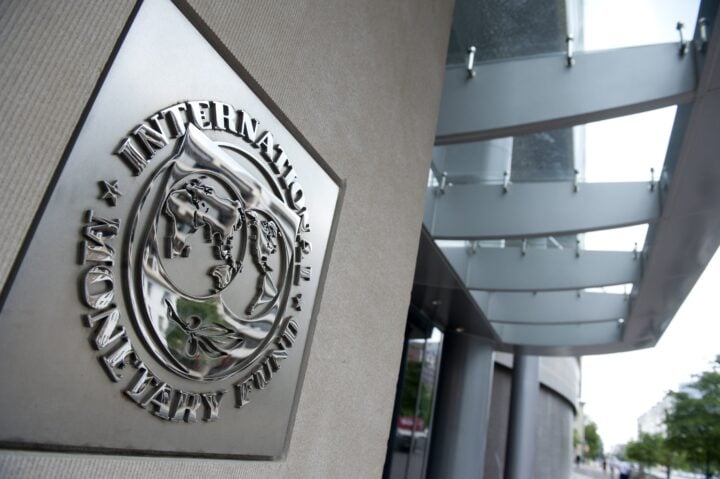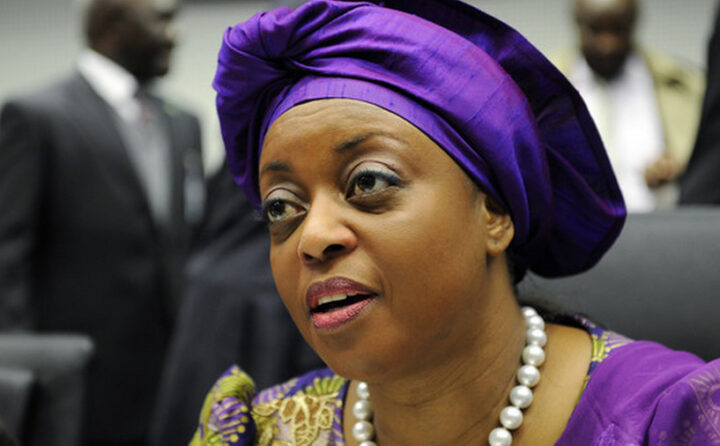The International Monetary Fund (IMF) has called on President Muhammadu Buhari to adopt a sound petroleum industry bill (PIB) and eliminate restrictions around foreign exchange policy.
The PIB has been in the works since 2007 but has been dogged by political controversies as well as opposition to the fiscal terms by international oil companies.
Meanwhile, Buhari’s government has adopted a fixed forex policy that also excludes allocations to 41 imported items, a policy that has been widely criticised.
In a statement, detailing IMF observations about the Nigerian economy after its visit in January, Gene Leon, senior resident representative of the IMF to Nigeria, said “growth is projected to improve slightly to 3.2 per cent in 2016 but could rebound to 4.9 per cent in 2017.
Advertisement
“In the light of the significant macroeconomic adjustment that is needed to address the permanent terms-of-trade shock, it will be important for Nigeria to put in place an integrated package of policies centred around: fiscal discipline; reducing external imbalances; further improving efficiency of the banking sector; and fostering strong implementation of structural reforms that will enhance.
“The general government deficit is projected to widen somewhat before improving in 2017, while the external current account deficit is likely to remain flat at 2.3 percent of GDP. Growth in credit to the private sector is projected to recover from the slump in 2015, aiding the increase in activity.
“Key risks to the outlook include lower-than-budgeted oil prices, shortfalls in non-oil revenues, a further deterioration in finances of state and local governments, and a resurgence in security concerns.”
Advertisement
The IMF also noted that Nigeria’s exports have dropped significantly, raising Nigeria’s deficit to an estimated 2.4 percent of GDP.
“As part of a credible package of policies, the exchange rate should be allowed to reflect market forces more and restrictions on access to foreign exchange removed, while improving the functioning of the interbank foreign exchange market (IFEM).
“Steadfast implementation of structural reforms is key. Adopting a sound Petroleum Industry Bill, including by applying the Anti-Money Laundering/ Combating the Financing of Terrorism framework, will help strengthen the regulatory framework for the oil sector.
“Nigeria is facing the impact of a sharp decline in oil prices. Exports dropped about 40 percent, pushing the current account deficit to an estimated 2.4 percent of GDP. With foreign portfolio flows slowing significantly, reserves fell to $28.3 billion at end-2015.
Advertisement
“Foreign exchange restrictions introduced by the Central Bank of Nigeria (CBN) to protect reserves have impacted significantly segments of the private sector that depend on an adequate supply of foreign currencies.”







